The delicate skin around the eyes is particularly vulnerable to allergic reactions and irritations. Contact dermatitis, a condition that causes inflammation due to contact with an allergen or irritant, is a common issue that can affect the eyelids. Symptoms often include redness, itching, swelling, and discomfort, making it essential to identify and address the cause promptly.
Recognizing the Triggers
If you suspect your eye irritation is linked to skincare or makeup products, the first step is to go “bare-faced” for a few days. This means avoiding all products around the eyes to give your skin a chance to recover. If the symptoms improve, you can reintroduce your usual products one at a time. This method helps pinpoint any specific item that may be causing the reaction.
Even products you’ve used for years without issue can suddenly become problematic if their formulas are updated with new ingredients. Always check labels if you notice an unexpected reaction to something familiar.
Unexpected Sources of Eyelid Allergies
Sometimes, allergens don’t come from products applied directly to the eyes. Instead, they may be transferred from your hands or other parts of your body. A common example is nail polish or nail polish remover. The chemicals in these products can transfer to the eyelids when you touch or rub your eyes, causing sensitization. Fortunately, the condition usually clears up quickly once you stop using the offending product.
Hair dyes are another potential source of allergens, especially if accidental contact occurs during application. Similarly, airborne substances like perfume sprays can irritate the skin around the eyes, even without direct contact.
Preventing and Managing Eyelid Contact Dermatitis
To protect the sensitive skin around your eyes and prevent further irritation, consider the following tips:
– Choose gentle, hypoallergenic products: Opt for eye creams, makeup, and cleansers specifically designed for sensitive skin.
– Practice good hand hygiene: Wash your hands regularly and avoid touching your eyes unless necessary.
– Be mindful of nail products: If you suspect nail polish or remover is causing a reaction, consider taking a break from these products.
– Minimize exposure to irritants: Wear gloves when using hair dyes and avoid spraying perfumes or other aerosols near your face.
When to Seek Professional Help
If your symptoms persist despite eliminating potential triggers, it’s important to consult a dermatologist or allergist. They can help identify the specific cause of your reaction, whether it’s a product ingredient, an allergen, or an irritant, and provide an appropriate treatment plan.
By understanding the unique sensitivities of the skin around your eyes and taking proactive steps to avoid allergens, you can keep this delicate area healthy and irritation-free.
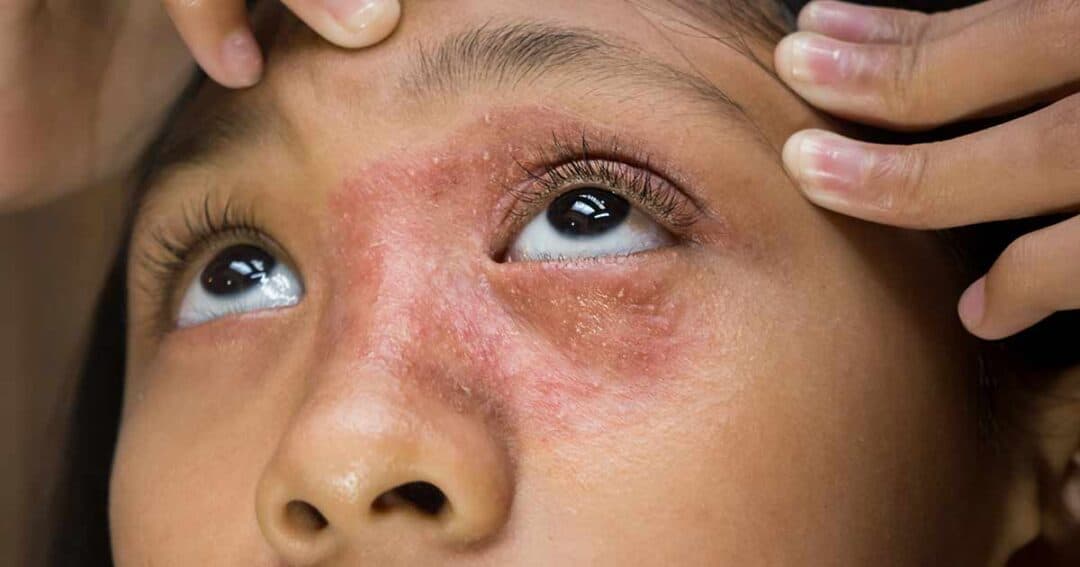
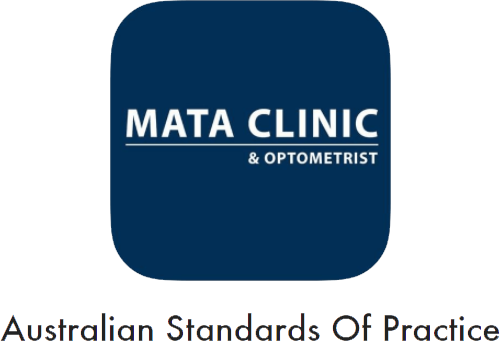
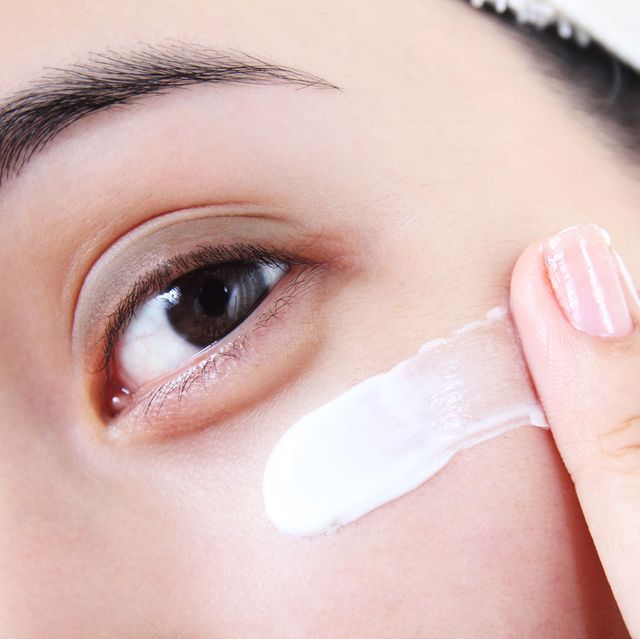
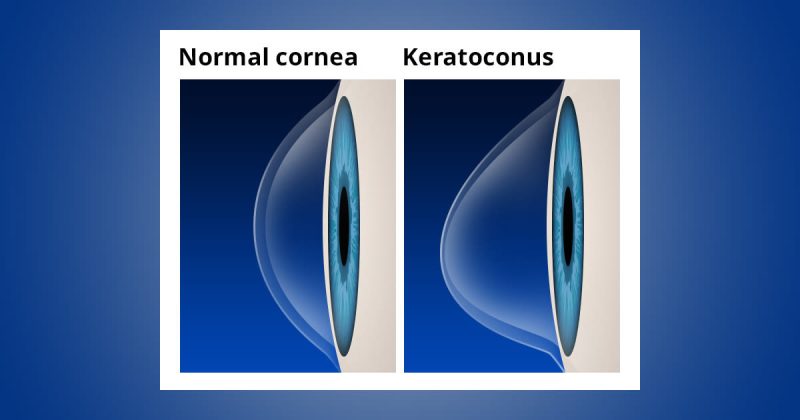
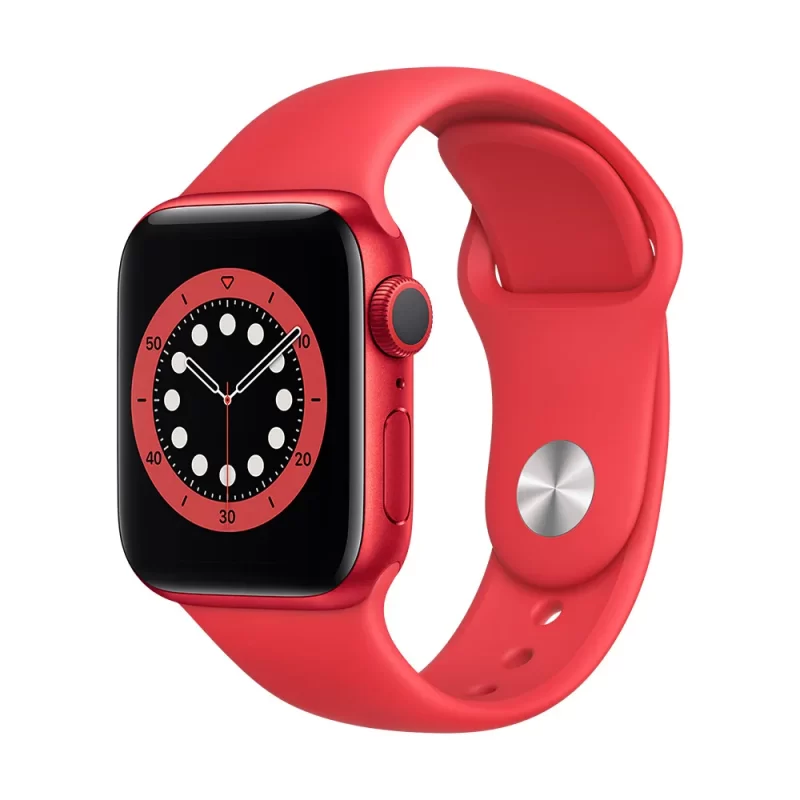
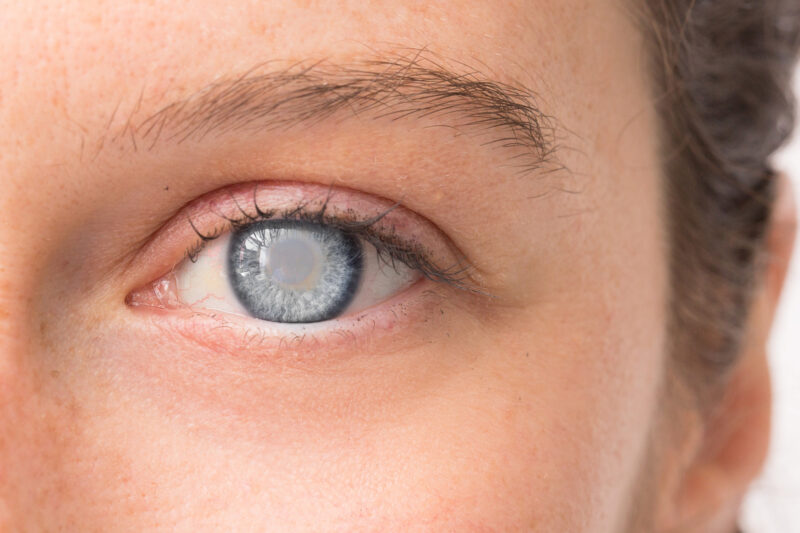
Recent Comments